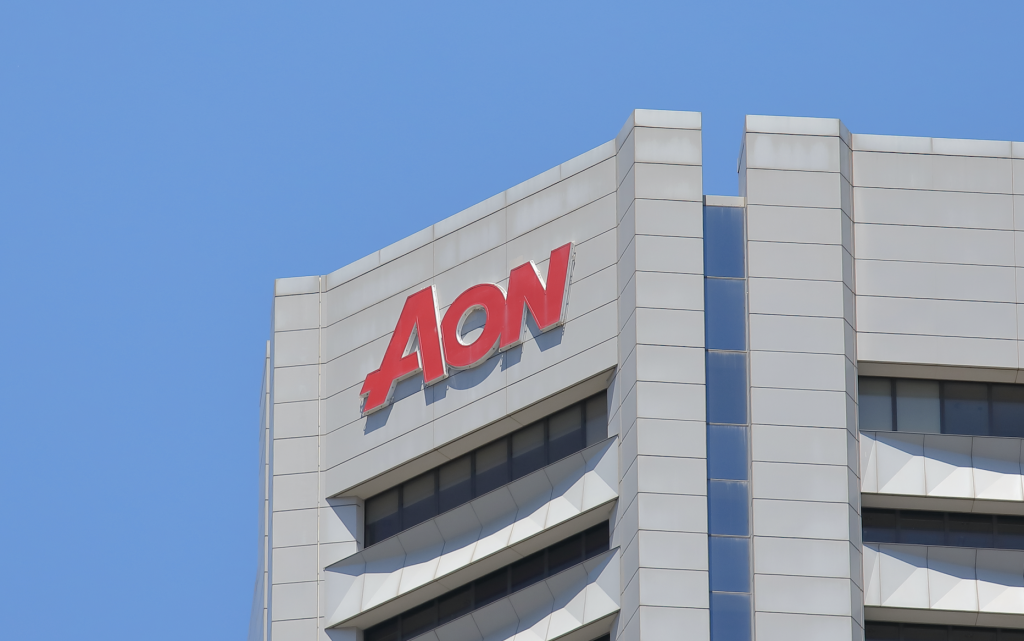Aon has revealed the final bill for its failed merger with Willis Towers Watson could hit $1.4bn.
The global consultant confirmed that a further $350m to $400m charge is expected as a result of the collapsed transaction, in addition to the $1bn termination fee reported by Health & Protection last week.
Details of the costs were released alongside second quarter results for the year up to 30 June.
In its presentation to investors, Aon said it expects “to incur around $350-400m of additional charges in Q3 to terminate and conclude the combination, with the majority to be paid in Q3 and Q4”.
It does not expect any further significant financial impacts from the termination of the transaction, it added.
Executive committee formed
Aon is also forming an executive committee to lead the firm forward without the “distraction of restructuring”.
The committee will be responsible for executing the firm’s Aon United strategy and will be comprised of the heads of four solution lines, five regions and five shared service functions, reporting to CEO Greg Case.
Case said the strategy has been strengthened through the Willis Towers Watson merger planning process and was now “moving forward at speed without the overhang of regulatory uncertainty or distraction of restructuring”.
Case added: “This team knows how to work together across geographies, solution lines and functions to bring the best of our firm to clients and is fully committed to accelerating innovation to better address unmet client need.”
Health broking revenues up
Overall, Aon announced that total revenue increased by $389m, or 16%, to $2.9bn compared to the same three months last year.
This included organic revenue growth of 11% driven by new business generation and ongoing strong retention.
Its health solutions arm grew revenue by 14% to $307m which was primarily due to an increase in project-related work and strength in voluntary benefits.
Results also included growth globally in the core health and benefits brokerage, driven by strong retention and management of the renewal book portfolio.
Aon noted that last year was hit by Covid-19 and a one-time adjustment relating to the implementation of a new system.
